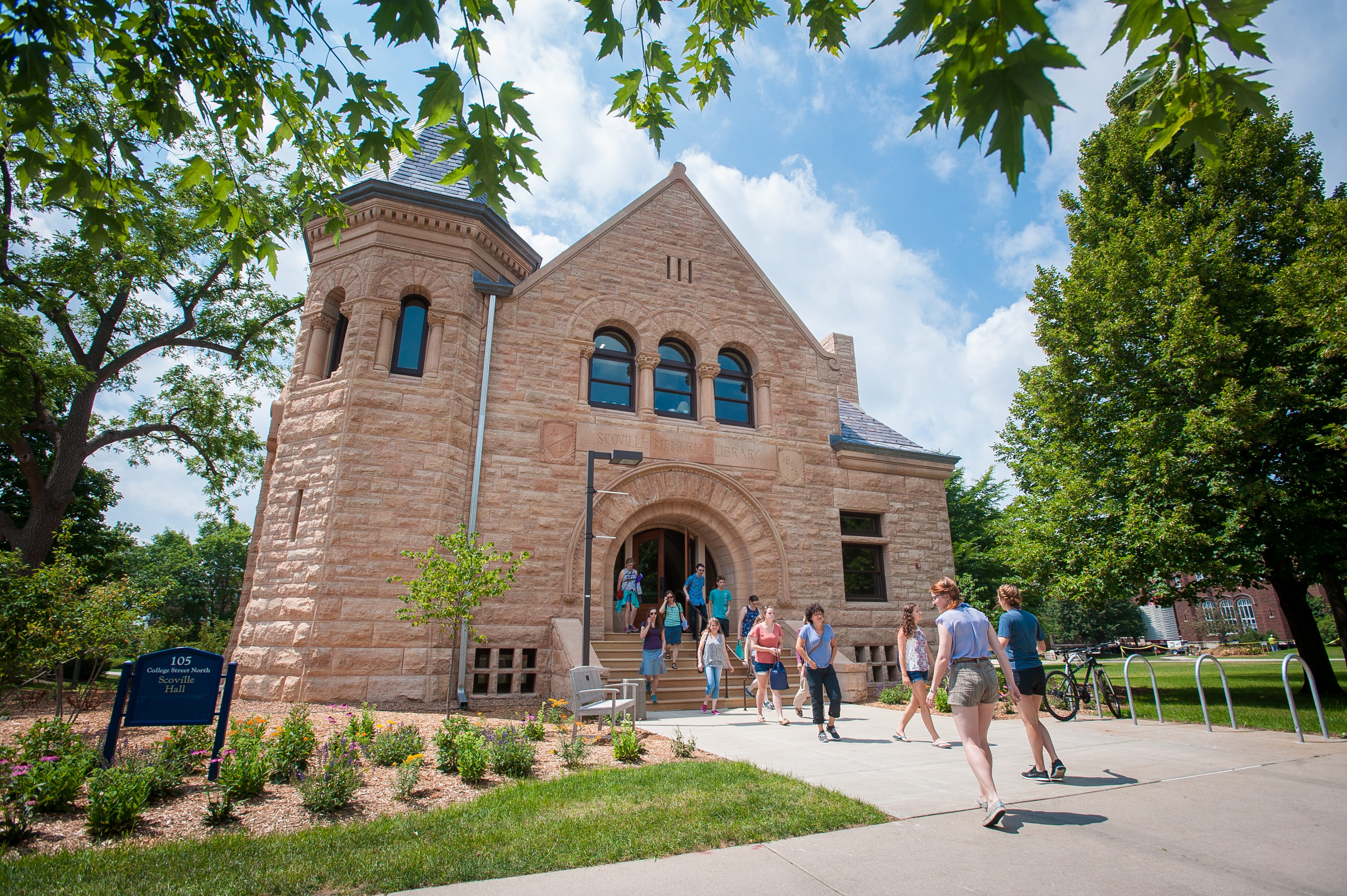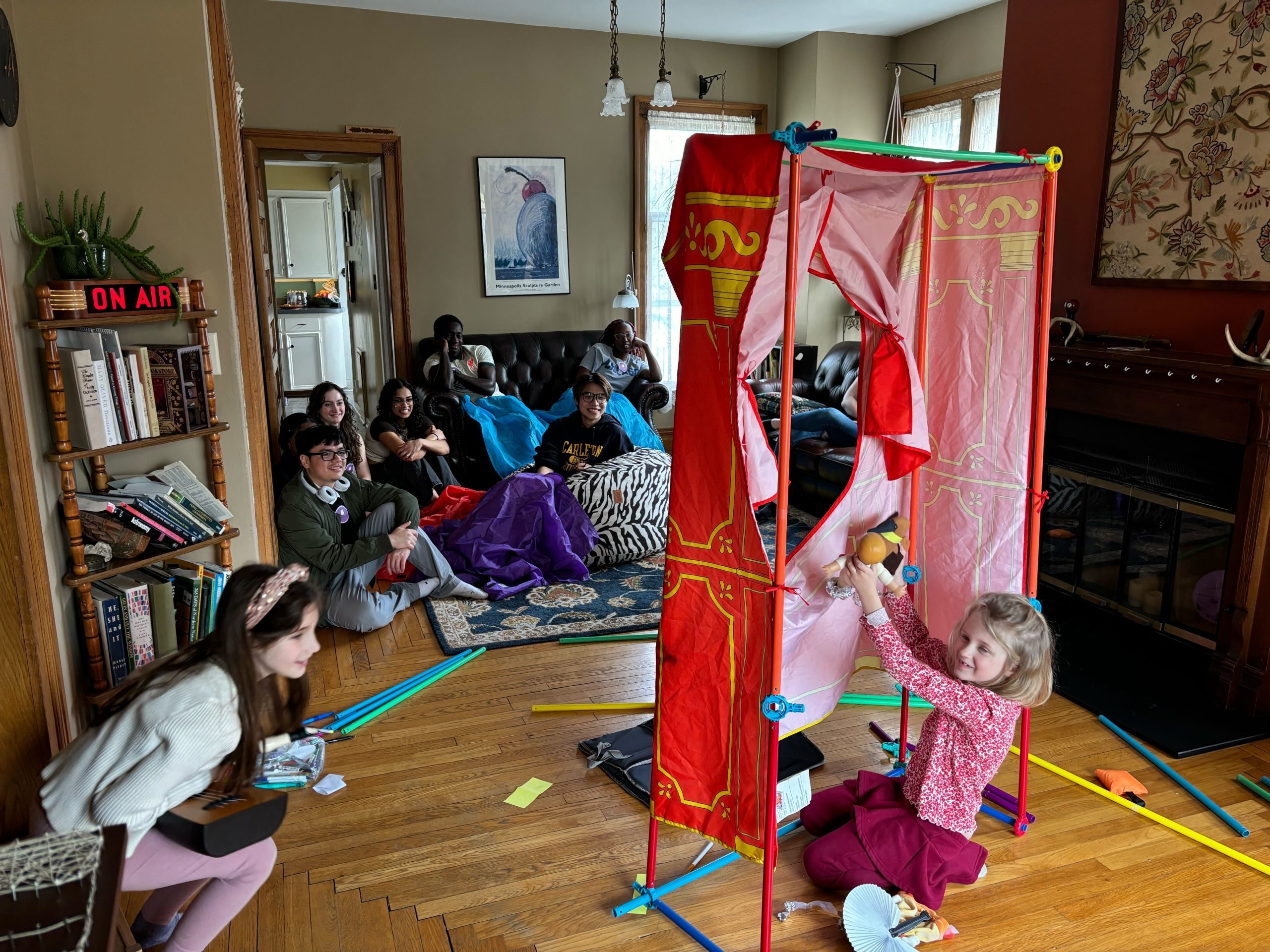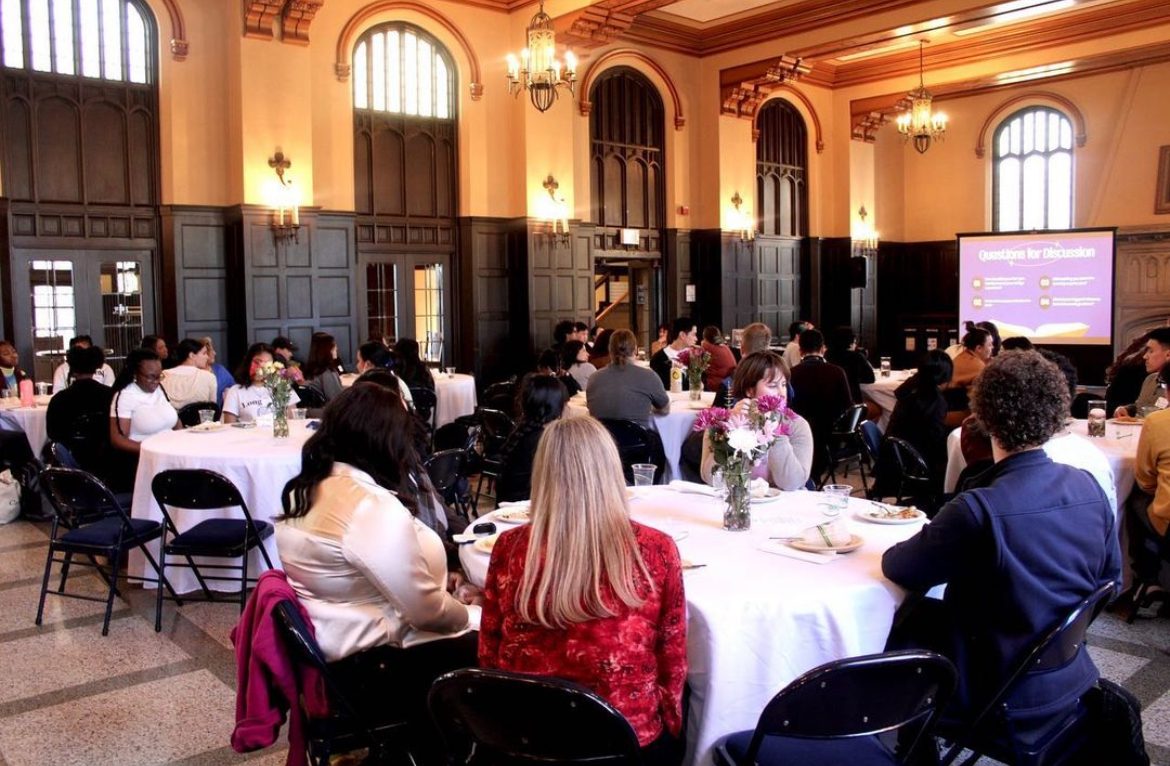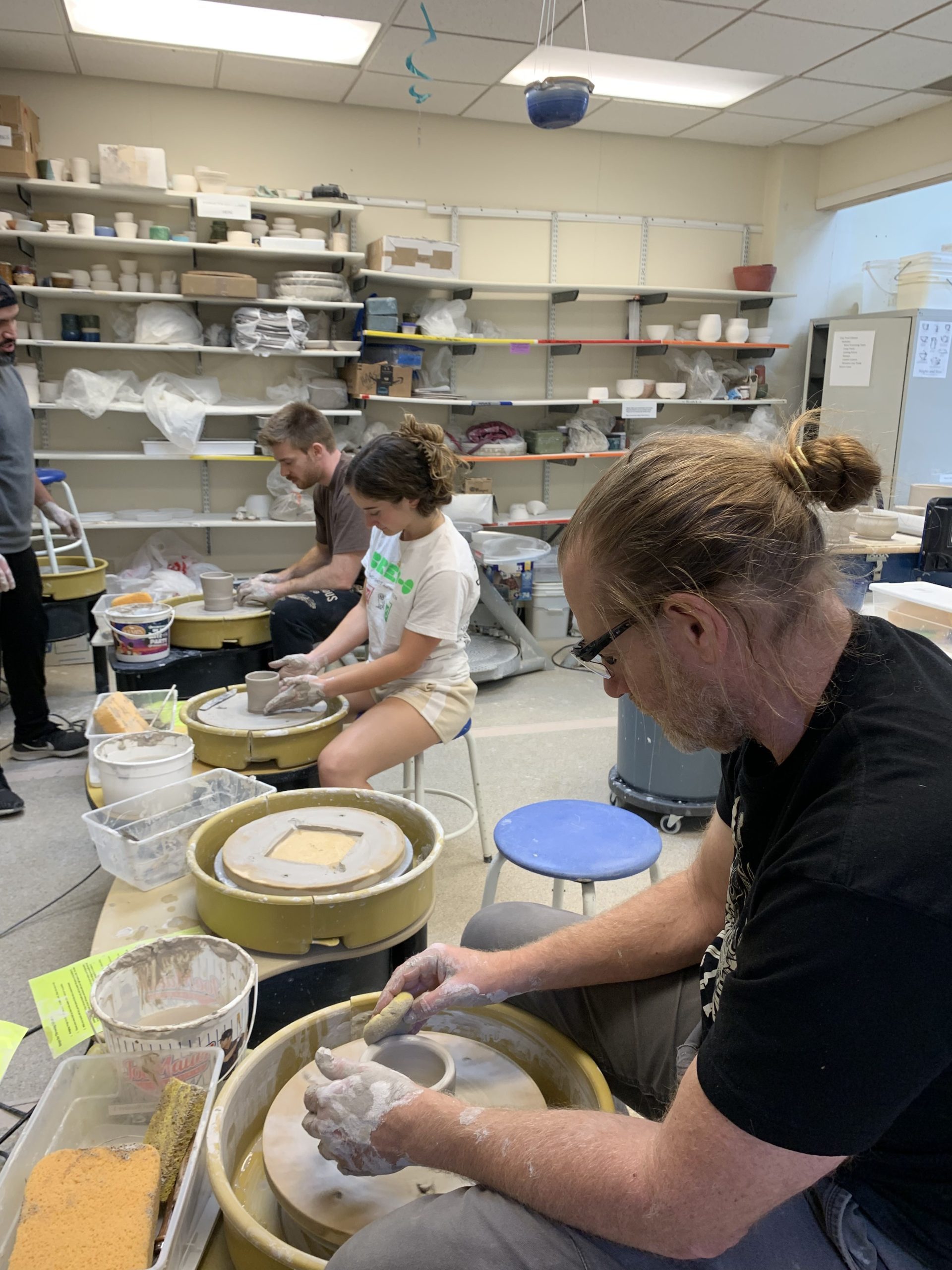What Makes Carleton Special?
Emma shares some factors that made her choose Carleton.
Emma shares some factors that made her choose Carleton.
If you’re a high school senior trying to decide where to spend your next four years, I completely understand the feeling. Excitement. Overwhelm. Nervousness. Confusion. Trust me, I get it. I want to share some of the things that have made my time at Carleton special, in hopes that they will help you as you make this big decision,
Financial aid
This was one of the biggest determining factors in where I could go to college. Carleton’s financial aid made it possible for me to attend a place I loved (and that was out of state, which was very valuable to me) without financial concerns.
As the Financial Aid website states, Carleton “meets 100% of every student’s demonstrated need.” The majority of the people I know at Carleton are receiving some sort of financial aid, and many friends have told me that other elite institutions do not give as much financial aid as Carleton does.

As a low-income student receiving aid, I’ve met with the financial aid office many times (usually once a term), and I’ve felt very looked out for. All of the advisers in the financial aid office are easy to reach and supportive.
Connection with professors and hands-on research

To prove my point, please refer to the image above of the Perception Lab hanging out at Professor Julia Strand’s house, watching her lovely children put on a play for us.
At Carleton, professors genuinely want to get to know you. Not just as a student, but as a person. Professors want to be called by their first name, and are happy to meet with you outside of class to talk about literally anything. I’ve yapped about existential questions and my life with some of my favorite professors. The “profs”— as you’ll start to call them if you go to Carleton— are here because they genuinely love teaching and want to see you succeed. Which, I’ll just say it, is usually not very common at other bigger, non-liberal art institutions. I feel like a very specific type of person is drawn to teaching at a small liberal arts college that prioritizes academic curiosity, and it is reflected in the type of profs you will meet here.
There are also so many opportunities to get involved in academic research, and I talk more about my lab in my most recent blog post!
Access to resources and facilities
If you need a resource for anything, Carleton most likely has it. Free counseling? Yep. Academic support? Yep. What about if your computer breaks, if you want to work out, or need accessibility resources? Mhm. Whatever it may be, Carleton probably has an office for it. And it’s all free.
As a first-gen, low-income student, I am a member of TRIO Support Services, and have been able to receive my textbooks completely for free.

Tight-knit community in a tight-knit town
There’s something comforting about walking through campus or downtown and always seeing familiar faces. Northfield is the kind of town where people always say hi to you on the street, and it feels like an extension of Carleton’s community. I’ve studied in almost every spot possible (cafes, the library, outside, you name it), ate at (almost) every restaurant, taken pottery lessons at the art guild downtown, and shopped for crystals and books at stores.

My favorite cafe in town (this is a huge on-campus debate, as you’ll come to learn) is Little Joy. Apparently, it used to be HideAway, according to this blog I made in freshman year, but what can I say, I see the truth now. But wherever and whenever I go, I always see my friends and people I know.
Academic exploration
At Carleton, you’re encouraged to explore. People genuinely love studying the most niche subjects, and no one is shamed for it. Here are some examples, just off the top of my head:
- My lab and I research speech psychology.
- One friend is in a biology group project studying frog calls in the arb.
- Another friend is taking citar lessons.
- There are clubs for juggling, swing dancing, and riding horses.
You don’t declare a major until the start of your sixth term at Carleton, which, if you’re taking the norm of 3 classes a term, that’s *at least* 15 different chances to explore classes in departments you can major in.
I knew I wanted to major in either Psychology or Cognitive Science, but I had no idea how much Neuroscience would grow on me. I honestly thought it was too STEM-heavy, and it would be difficult. Alas, it’s now my minor!
Emphasis on studying abroad
The majority (usually ~70%) of students study abroad during their time at Carleton. It is very encouraged, and there are many opportunities to do so. I am so hyped for my semester abroad this upcoming fall in Copenhagen, studying neuroscience and mental illness. The best part? My financial aid transfers over, and I’m going to get academic credits while studying abroad.
Fellow blogger Hannah was able to study abroad twice, once to London and a second time to New Zealand. I also have friends who have traveled all over: Prague, India, Chile, Brazil, and more.
Final Thoughts
Choosing a college is a big decision, and it’s deeply personal. For me, Carleton offered the perfect mix of academic rigor, supportive community, financial support, and many other things. Wherever you end up, I hope you find a place that feels like home, just like Carleton became for me.
Emma is a junior Psychology major with a Neuroscience minor, originally from NorCal and now living in Miami, FL. Needless to say, she’s happiest when the sun is out and there’s no snow on the ground… which, in Minnesota, isn’t always the case. She stays energized and positive by diving into her comps and doing academic research in the Perception Lab. You can usually find her lifting weights at the Rec Center or sipping matcha at her favorite cafe downtown (Little Joy… and only Little Joy). As a first-gen, low-income student in TRIO and a former peer leader at the GSC, Emma is passionate about community and support systems on campus. She’s also one of the few Brazilians at Carleton. Como vai?